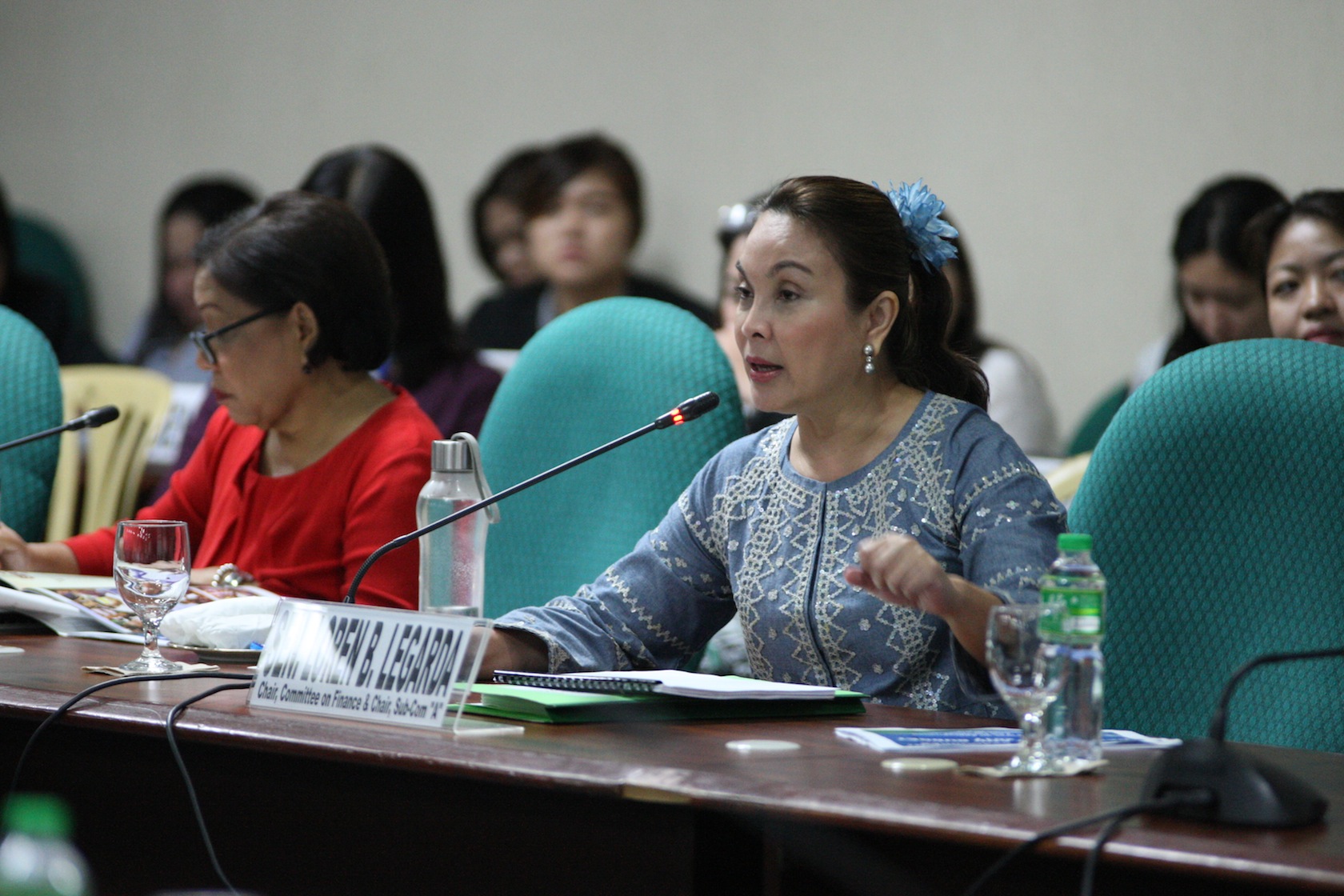Legarda Calls for Aggressive Efforts to Address Coral Destruction, Declining Fish Catch
September 23, 2016Senator Loren Legarda, Chair of the Senate Committee on Finance, has urged the Department of Environment and Natural Resources (DENR) to boost efforts in rehabilitating the country’s coral reefs and marine ecosystems as she expressed alarm over reports of significant decline in marine fish catch by 2050.
According to a 2013 study by the World Bank, warmer sea temperatures and ocean acidification will decrease marine fish capture by about 50 percent in the southern Philippines by the year 2050.
“We have one of the world’s richest ecosystems, but several factors, including unsustainable fishing practices, urbanization and climate change, have been posing serious threats to our seas. Oceans have acidified, having absorbed about a third of the carbon dioxide emitted which has resulted in coral bleaching. For an archipelagic country, this unraveling scenario is a nightmare because it will ultimately affect our food security,” said Legarda.
“Coral reefs are the food basket for the fish. A square kilometer of healthy coral reef may yield about 30 tons of seafood every year. But 94 percent of our corals are in fair or poor condition, they will not be able to produce fish enough for our needs,” she explained.
Legarda said that the destruction of coral reefs would mean less fish population, which would translate to lower fish catch and lower protein for the people. It is estimated that 80 percent of the animal protein requirement of Filipinos come from our seas.
According to the DENR’s Biodiversity Management Bureau (BMB), the latest data they have is as of 2010, which shows that less than one percent of the country’s 2.7 million hectares of coral reefs remain in excellent condition and five percent in good condition.
According to BMB, these excellent coral reefs are found in Apo Reef, Tubbataha Reef, in the Verde Island Passage, and in Apo Island.
“Six years ago, we already had the data on the status of our coral reefs, we had known that only less than one percent of our corals are in excellent condition. By now, we should already have made interventions through a concrete program that will address the emergency situation of our coral reefs and marine environment,” said Legarda.
The Senator said the DENR should work closely with the Bureau of Fisheries and Aquatic Resources (BFAR) and academic institutions, such as the UP Marine Science Institute, Silliman University, and University of San Carlos in Cebu, to come up with programs for marine conservation and coral rehabilitation, as well as with the Philippine Coast Guard for strict law enforcement.
Last year, Legarda already urged the DENR to immediately address the worsening state of the country’s marine ecosystems by creating a major program for coral restoration just like the National Greening Program (NGP).
As a result, 500 Million Pesos was allocated for the coral restoration program in the 2016 General Appropriations Act (GAA) for the DENR to implement.
“The degradation of our marine ecosystems has always been a gut issue as it pushes poverty deeper in the coastal communities through loss of livelihood, vulnerability to natural hazards, hunger and even health problems. We must all work together to bring back our coral reefs and the whole marine ecosystem to excellent condition so that our seas can benefit us in a sustainable manner,” Legarda concluded.


